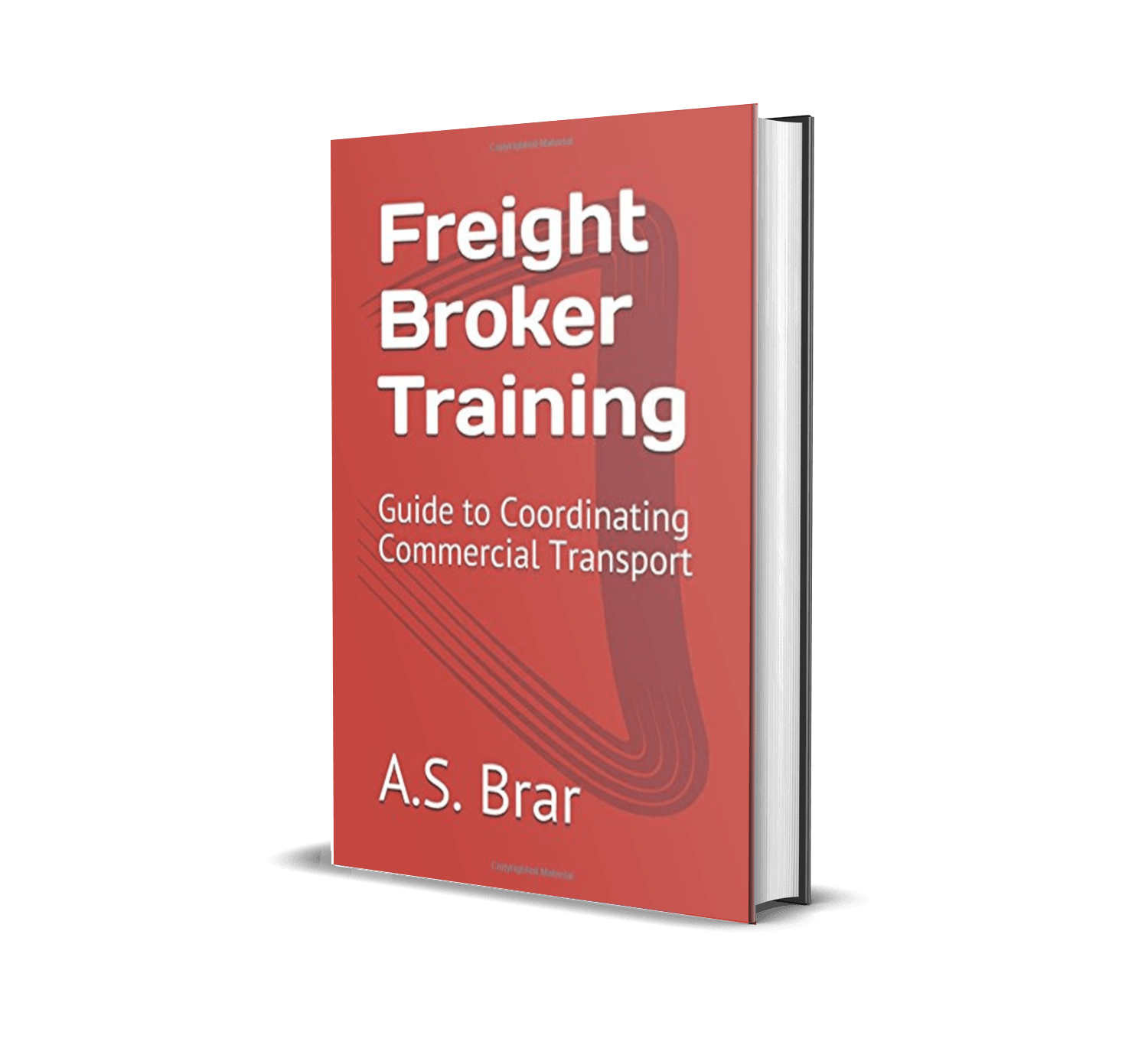What is self dispatch trucking?
Self dispatch trucking is the ability for owner-operator truck drivers to select and manage the freight loads they haul. Self dispatch differs from operating under your own authority because it is a feature generally offered by larger trucking companies with considerable amount of loads to choose from. Under a self-dispatch system, an owner operator is able to decide which lane to drive and is able to negotiate his/her own rate.
There are many companies that offer self-dispatch for owner operators. For example, Schneider National and Landstar.
As a self-dispatch owner operator, you will on the large part be classified as an independent contractor which changes the legalities that apply to you. Independent contractors generally have the freedom to haul for more than one carrier. However, the specific contract terms of each carrier vary and its unlikely they’ll allow you to simultaneously work for a competitor.
What is an owner operator?
An owner operator is a truck driver who possesses the title ownership of the truck he/she drives. It is not necessary for an owner-operator to own a trailer to be classified as O/O. However, most owner-operators do own their own trailer. The owner operator is responsible for arranging for and paying for repairs and maintenance. Who pays fuel expenses varies by company but most trucking firms will offer a fuel card which gives the operator a discounted fuel price.
Role of Owner Operator in Self Dispatch Trucking Companies
The role of owner operators in self-dispatch trucking companies is significantly greater than if they were to use a traditional company dispatch service. Firstly, many parts of the role of a dispatcher falls onto the owner operator. For example, load assignment is the responsibility of the owner operator and they must be able to manage their schedule accordingly. Customer service and satisfaction becomes increasingly dependent upon the owner operator because they will likely be in contact with the receiver to provide updates on the load status. Trip planning, routing, time considerations, and type of load are metrics to be looked at by the owner operator in a self dispatch system.
Advantages of Self Dispatch Trucking
Self dispatch trucking is a good step in a truck owner-operator plans to branch out under their own authority. Being an owner operator already encompasses the elements of responsible business management and self-dispatch brings it a step closer. There is greater control of where you decide to haul loads to and from. Moreover, forced or push dispatch is essentially non-existent.
Disadvantages of Self Dispatch Trucking
The disadvantages of self-dispatch trucking is the increased responsibility and having to play much of the role of a dispatcher on your own. Good computer skills are needed because much of the process will involve using an online-load board.
If you wish to try out self-dispatching your own truck, then it is suggested you do your research in order to find the best self-dispatch trucking company for you. Consider joining the Owner Operators Independent Driver’s Association (OOIDA) where a membership can give you access to lower fuel rates, discounted OEM part replacements, and much more.





Hi this is Sam ,we have small office in Chicago Il , dispatching Dry Vans and Reefers , if you need help with the loads while you are driving this is the right choice for you. We do 53 vans and reefers , doing all the necessary paper-work calculating miles and trying to math your freight with your needs. We charge only 3$ per load if you have any questions email us on samjonesdispatch@gmail.com
Hi I am owner operator, I am looking forward to get dispatch who give me options, good rates, I operate only 400 miles local ca to Reno ,ca to az. I don’t have trailer
Keven have you found Dispatch services yet ?
Request dispatch